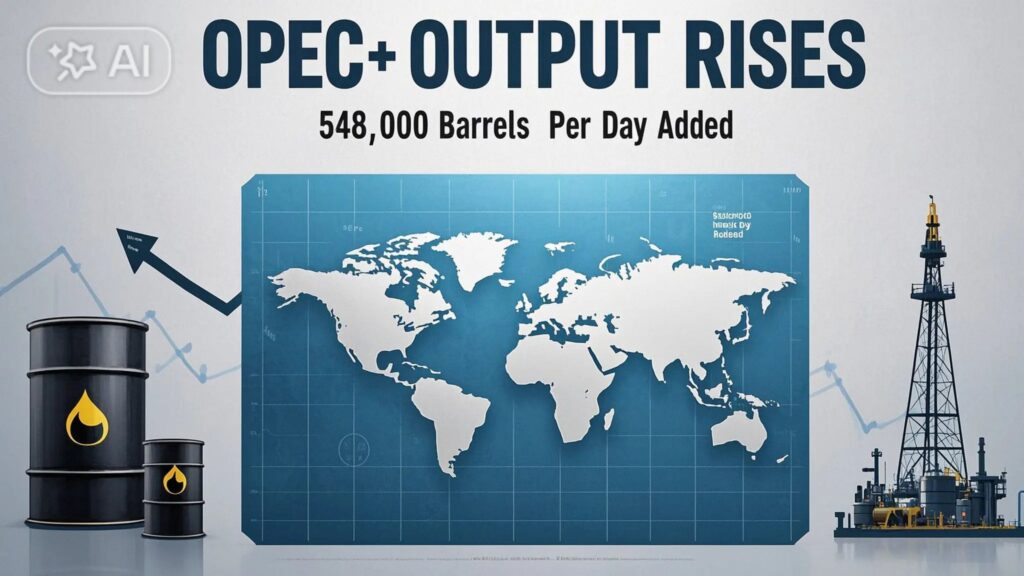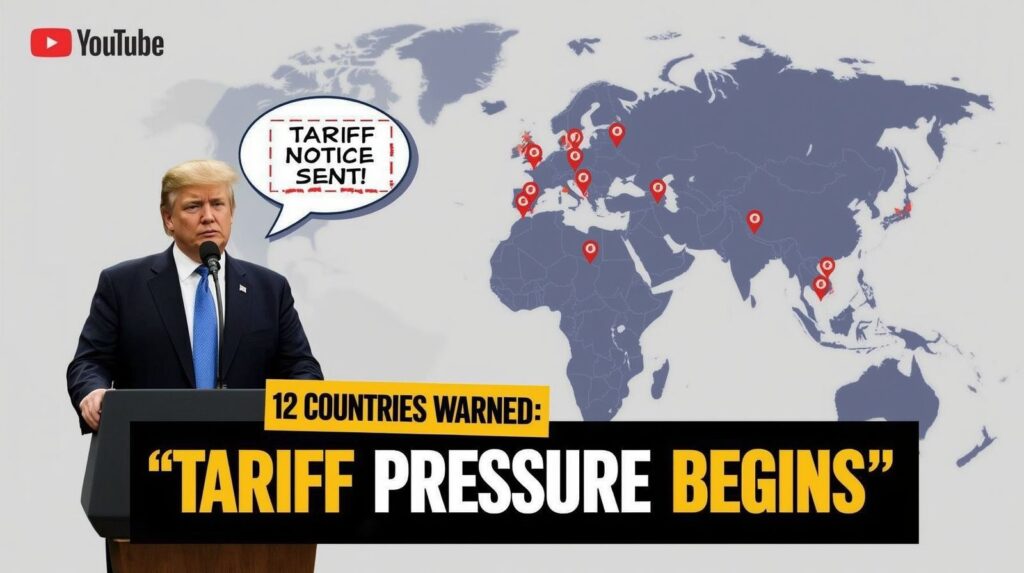Japan–US Trade Talks: A Step Toward Reconciliation or the Onset of a New Economic Clash?

Recent developments in Japan–US trade relations have placed both nations at a critical juncture. According to the Japanese government, its chief tariff negotiator, Ryosei Akazawa, held in-depth discussions with U.S. Commerce Secretary Howard Lutnick. These talks come just days before the expiration of the temporary 24% retaliatory tariff, scheduled to end on July 9, with both countries racing against time to strike a mutually acceptable deal.
This situation raises several important questions: Can both sides strike a balance between their respective trade interests? Or will the United States—particularly under the direction of former President Donald Trump—continue to pressure Japan under the "America First" banner?
Trump's recent demand that Japan increase its imports of American rice challenges not only Japan’s agricultural policy but also threatens the livelihood of its local farming





